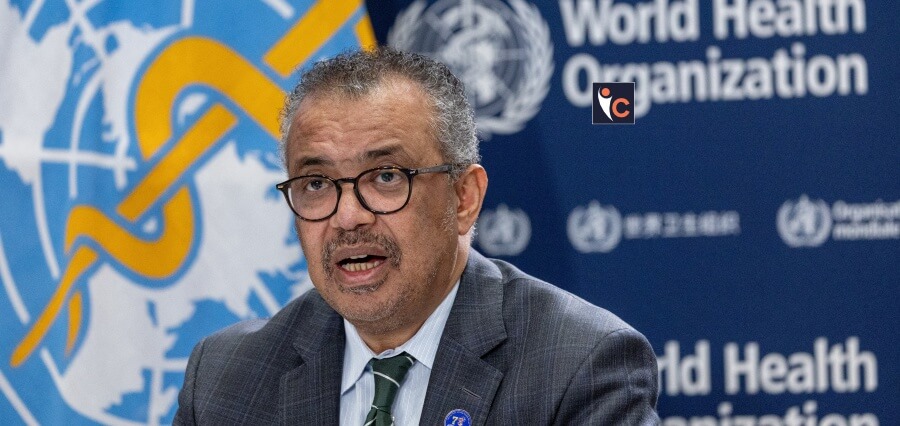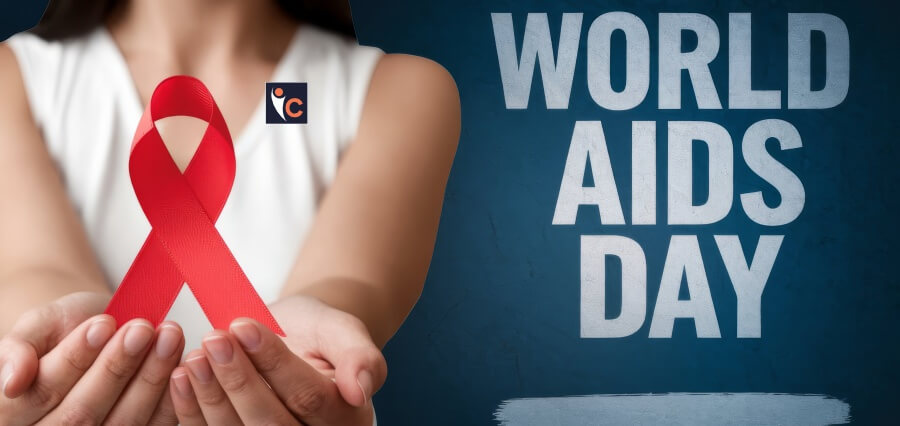On August 14, 2024, the World Health Organization (WHO) declared Mpox a public health emergency of international concern. Mpox, previously known as monkeypox, is a rare infectious disease caused by the Mpox virus, closely related to the smallpox virus.
Mpox is primarily found in the tropical rainforest regions of Central and West Africa. Cases outside these areas are typically linked to travellers who visit these regions and spread the infection upon returning home. However, since May 2022, there has been a significant increase in Mpox cases globally.
The Australian Government is aware of clusters of Mpox cases within the country. The National Incident Centre is actively monitoring the situation both domestically and internationally.
Mpox can affect anyone and spreads through close contact with rashes, blisters, or sores on the skin, body fluids, including respiratory droplets from coughing or sneezing and contaminated objects like linen and towels.
Symptoms of Mpox can take several weeks to appear and include a distinctive rash with lesions (bumps that turn into pimples, blisters, or sores, which may burst to form ulcers or scabs), Swollen lymph nodes, fever, headache, muscle aches, joint pain, back pain, chills, and low energy.
If you’re planning to travel, research the health risks at your destination. Check the Health section in the travel advice for your specific location, and consult your doctor about vaccination against smallpox, which can also offer protection against the Mpox virus.
Experts advice certain guidelines while travelling:
– Use a condom during sexual contact.
– Avoid physical contact with infected individuals and their belongings, such as tissues, linens, or towels. Clean and disinfect any potentially contaminated surfaces.
– Practice good hand hygiene.
– If caring for someone with Mpox, use protective equipment like gloves, facemasks, eye protection, and disposable gowns.
– Cover your nose and mouth when coughing or sneezing, and keep your distance from people who are doing the same.
– If travelling to Central or West Africa, avoid contact with wild animals and refrain from handling or eating bush meat (wild game).
If you start to feel unwell while travelling, seek medical advice promptly. If you feel ill during your return to Australia, inform a crew member or airport staff. After returning home, if you develop symptoms, visit your doctor and inform them of your recent travel history and any possible exposure to Mpox.
Read More: Click Here










